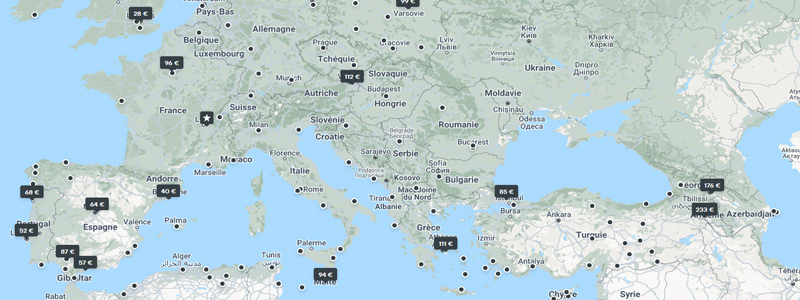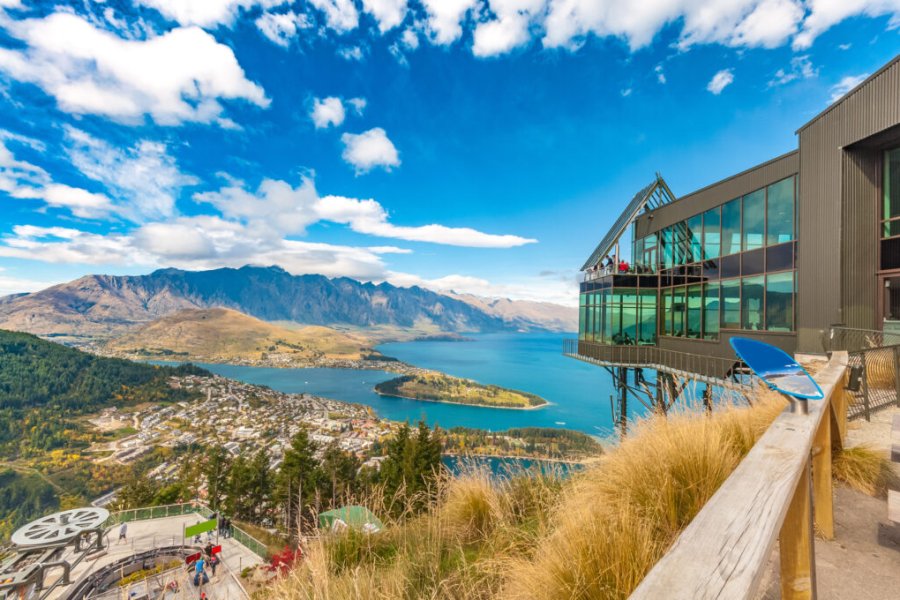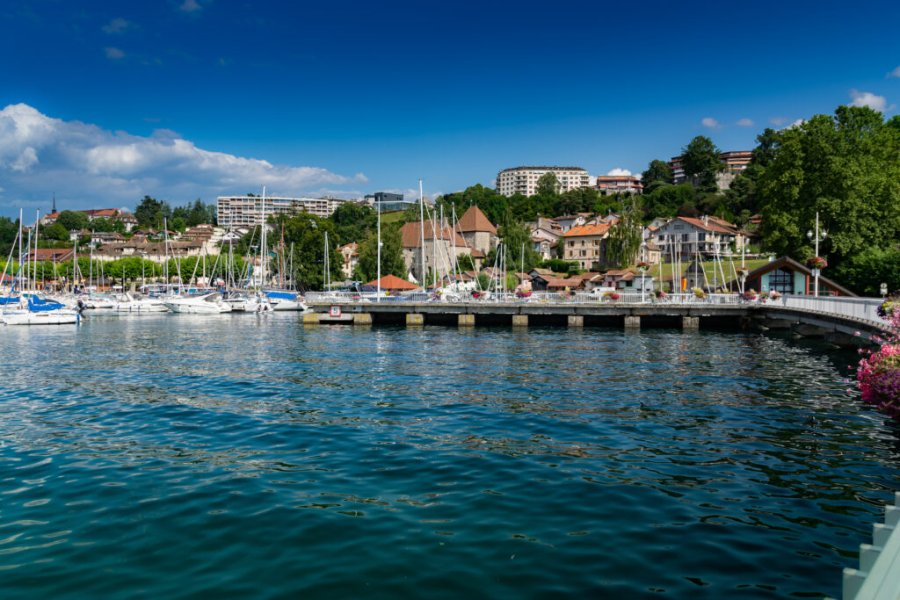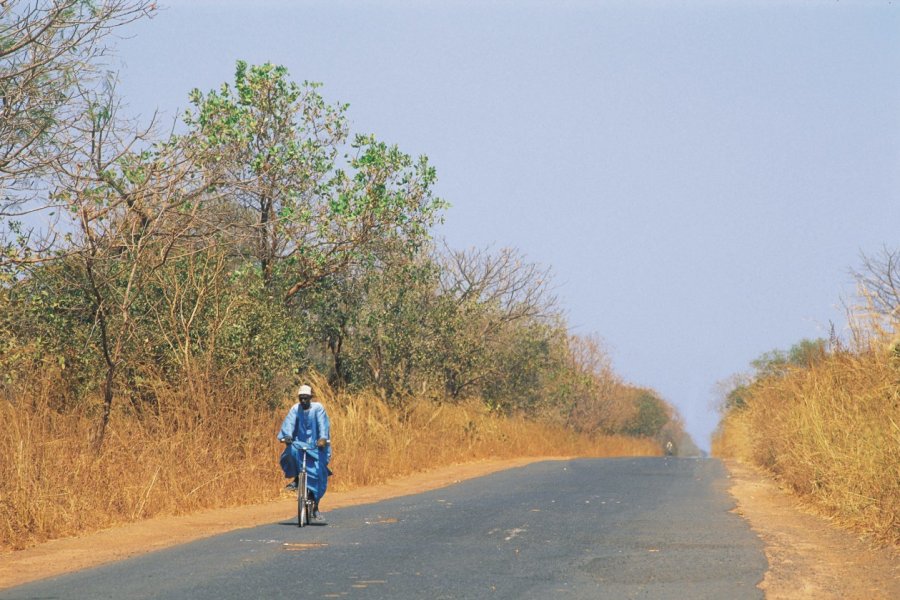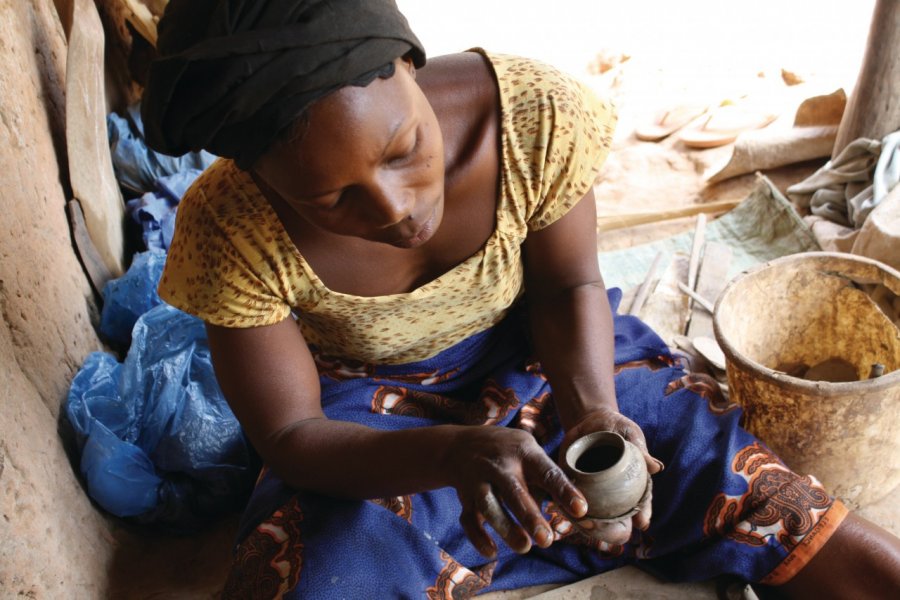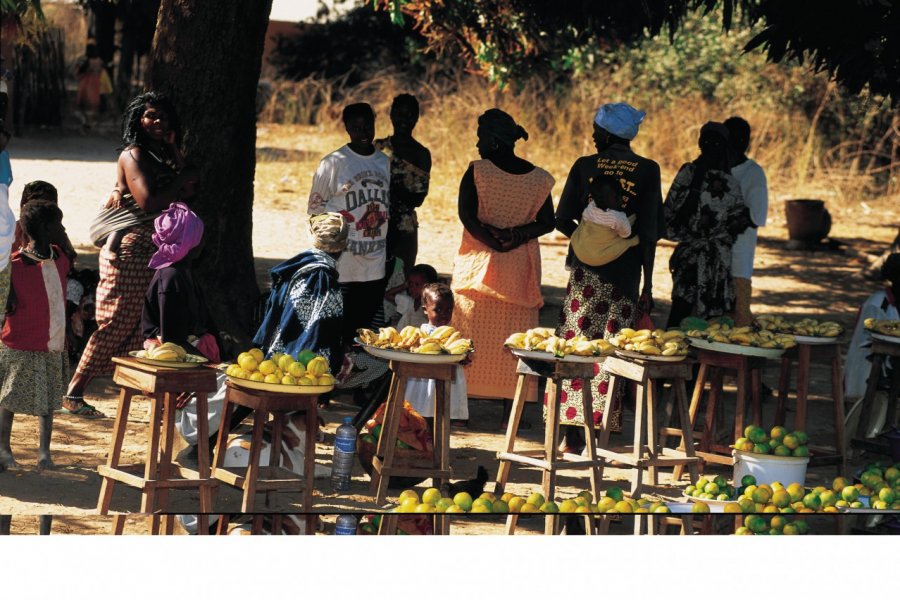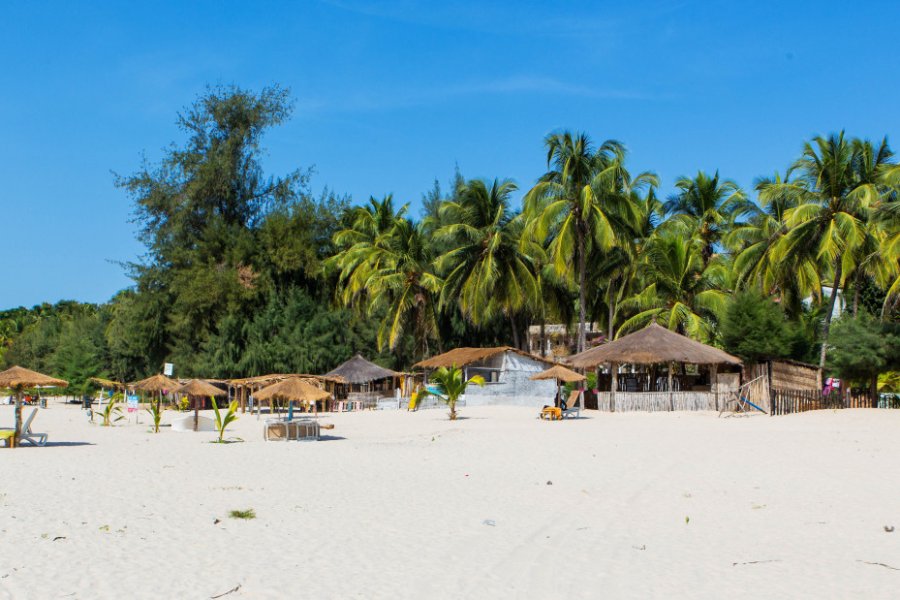Travel Guide Casamance
In southern Senegal, between Gambia and Guinea-Bissau, Casamance stretches 300 km along the river of the same name. It is a destination of great beauty and rich biodiversity, with tropical vegetation, numerous rivers and fertile land. You can discover the region by connecting the villages by canoe or even by hiking. For the beach towards Cap-Skirring, the seaside city and a touch of chic from the west coast on the Atlantic Ocean. Capital of Casamance, Ziguinchor has a provincial and authentic character. It is all the charm of deep Africa here, that your tour guide will introduce you to. For the rest, the luxuriant nature offers forests of mangroves and mangroves, palm groves and many exotic tree species including caïlcédrat, cheese maker, rônier, filao and flamboyant. Inhabited by crocodiles and hippos, the river is also a paradise for birds, pelicans, ibises, flamingos, marabouts... The waters of the coast and lagoon are full of swordfish, barracudas, morays and rays, sea bream... Moreover in Casamance you will enjoy emblematic fish dishes such as Tiéboudienne or Kaldou, but also shrimps, crabs, mangrove oysters and of course good rice that grows in Casamance. Palm oil and lime as a key ingredient. A word of advice: spend at least one night in an integrated village camp. Sleeping in a large collective cabin managed by the village is a great experience and an unforgettable option for ecotourism.
Suggested addresses Casamance
When to go to Casamance?
When to go to Casamance ? The weather is nice and dry almost all year round in Senegal. The best time to go is between November and June: the temperatures are ideal (especially between April and June) and you will not suffer too much from the heat at this time. The winter season, the rainy season, is from July to October. Casamance, a greener region, begins its rainy season in April or May. The climate is unfavorable in Casamance in April and May with temperatures of 29°C to 43°C. The best time to go is from November to February inclusive. It is then the high tourist season, all the tourist infrastructures are working, which is not the case during the off season. If the summer does not record the highest temperatures, the humidity being then at its maximum, it results in a real furnace which the Westerners have difficulty to support. It is also the period when mosquitoes are the most numerous. Finally, you should know that this region is subject to certain troubles, so it is better to check on the website of the Ministry of Foreign Affairs before your departure, to see if the period is favorable.
Weather at the moment
Casamance is subject to a tropical climate that is significantly softened by winds from the Atlantic Ocean. This is the most watered region in Senegal: Ziguinchor records 1,250 mm of rainfall per year. Casamance has an extended rainy season from July to September. The average temperature in Casamance varies during the year between 26 and 32 °C during the day. During wintering the temperature does not even drop during the night.
The currency is the West African CFA franc (FCFA). For a Westerner, a stay in Senegal will not be very expensive. Accommodation, even in a luxury establishment, remains reasonable. You can find cheap food in Casamance in towns and villages. Bring cash, credit cards are almost not allowed there. And don't hesitate to bargain. Starting with taxi travel.... You get used to it very well!
European Union nationals no longer need a visa to travel to Senegal. The same applies to Americans (from the United States), Canadians or Swiss. All you need is a valid passport. For a stay of more than three months in Senegal, you will need to obtain a residence permit. Vaccination against yellow fever is no longer required at the border, but it is recommended if you are going to the bush. For animals, a rabies vaccination certificate and a certificate of good health are required. Be careful if you have to go through the Gambia you will need a visa that can be obtained before leaving or at the border crossing (cheaper).
Take a treatment against malaria. It is better to be vaccinated against yellow fever and hepatitis A, even if no vaccine is mandatory to enter Senegal. Make sure that you are up to date with your DT Polio booster shots. The big concern is water. The water in Senegal is not drinkable. You will have to purify it with filters or tablets before drinking it. Drinking mineral water is another solution, but more expensive, especially since you will be drinking a lot! Stock up on basic medications before you leave: anti-diarrhea (with or without fever) and anti-vomiting medication for motion sickness for example. If the food is excellent in terms of taste, it is not necessarily prepared in good hygienic conditions. Beware of tourista. Finally, protect yourself from the sun. And above all, keep yourself hydrated. If necessary, take salt tablets.
Practical information
- When to travel?
- Weather forecast
- Budget
- Formalities
- Health
- How to travel by yourself?
- How to get organized?
- Getting around
Media
How to go to Casamance? Our advice & tips
There are many organized trips to discover the Teranga country. Casamance is on the agenda. Stay at Cape Skirring, visit Ziguinchor, canoe up the Casamance River, overnight in a village camp, etc. It is up to you to choose the options that suit you according to your budget, your desires and your availability.
Discover our selection of travel agencies for this destinationYou have a few seats on a direct flight from Paris to Cap Skirring (Club Med, marketed by Cap Casamance). Otherwise, direct flights from Europe to Senegal only concern Dakar. Then take a boat to Ziguinchor, then a bus to Cap Skirring or inland. It is advisable to book your accommodation in advance. This will make your trip easier. While Senegal is a safe country overall, Casamance sometimes suffers from certain problems. And don't forget that this is a poor country where your wealth can attract envy: be vigilant. Being accompanied by a local guide can be useful even if in the villages kindness and hospitality prevail.
In Senegal, public transport is not very comfortable or reliable in terms of schedules. Choose the bush taxi or the fast car to travel in the African style. In Casamance, you can travel by canoe along the river. It is also possible to rent quads, motorcycles or mopeds.
